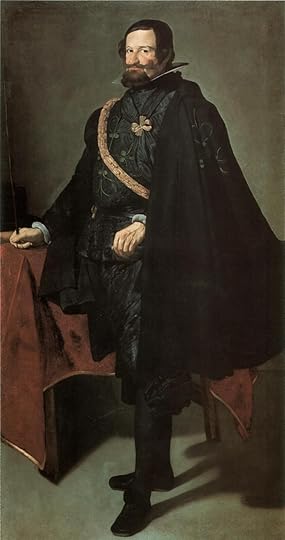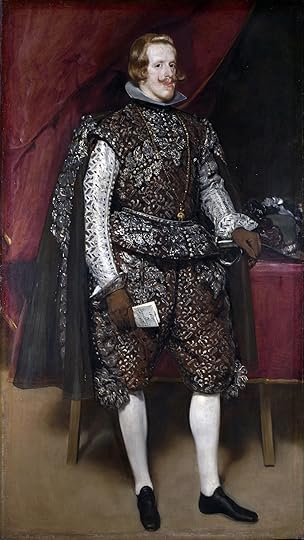What do you think?
Rate this book


733 pages, Hardcover
First published January 1, 1986
He was, as Fernand Braudel once described him, not so much a single personality as a ‘cortège of personalities, and he requires a cortège of explanations.’ ‘I must confess’, continues Braudel, ‘that if I had the desire to study the Count-Duke of Olivares, I should recoil before the immensity of the task.’ ~preface, page xiii.
Even before knowing the final outcome, Olivares was so confident that when Uceda accosted him to say that everything was ready for the prince’s accession, he was able to remark: ‘Now everything is mine.’ ‘Everything?’ asked Uceda. ‘Yes, without exception.’ ~Chapter I: The Guzmán Inheritance, page 42.

Portrait of the Count-Duke of Olivares by Diego Rodríguez de Silva y Velázquez

Portrait of Felipe IV by Diego Rodríguez de Silva y Velázquez